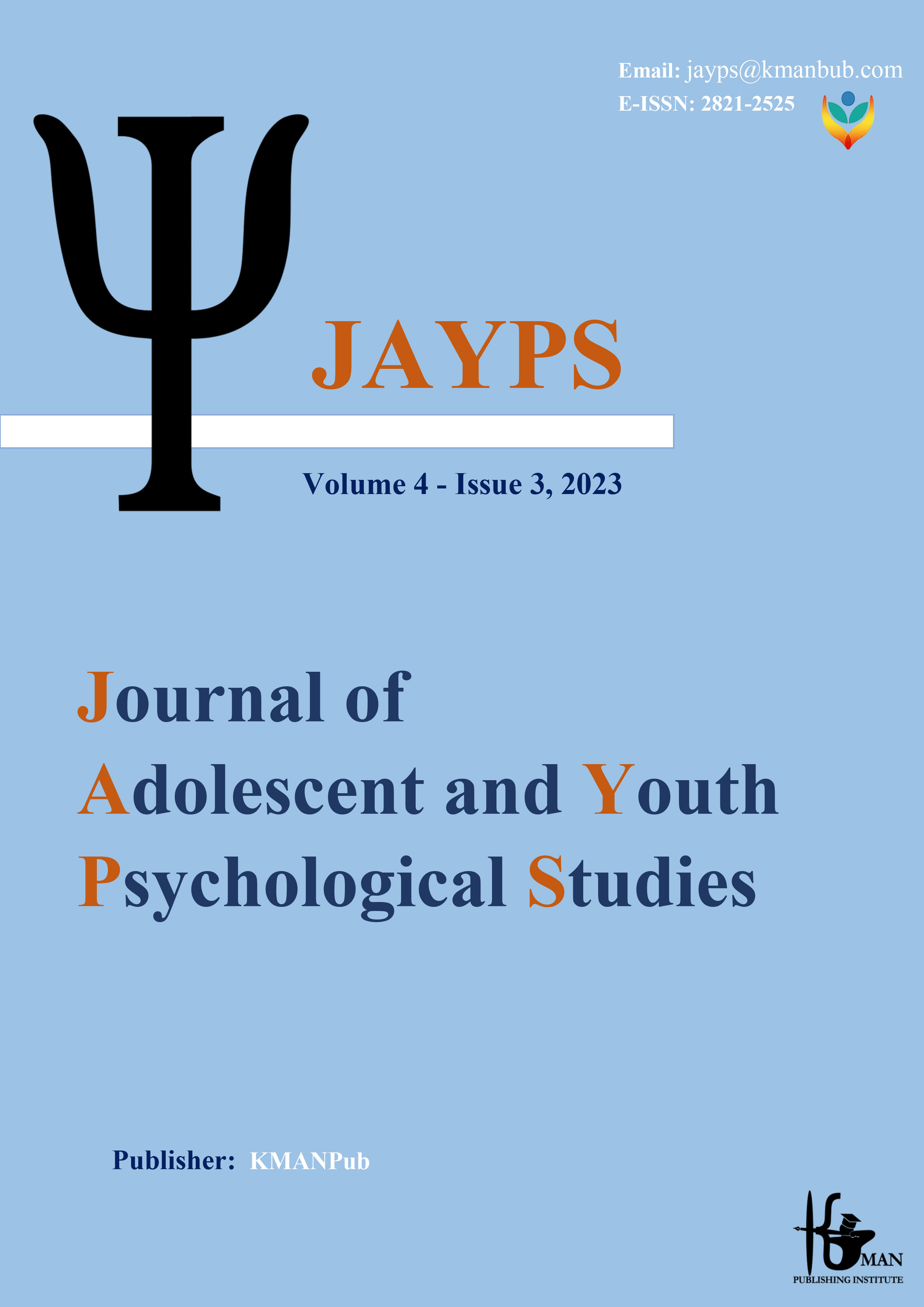The effectiveness of mindfulness therapy on rumination and distress tolerance in adolescent girls with high body mass index
Keywords:
distress tolerance, rumination, mindfulness therapy, body mass indexAbstract
Background and Aim: Overweight is a public health problem in developed and developing societies and has many psychological consequences, so this study was conducted with the aim of the effectiveness of mindfulness therapy on rumination and distress tolerance in teenage girls with high body mass index. Methods: It was a quasi-experimental study with a pre-test, post-test and two-month follow-up period with a control group. The statistical population included all overweight female teenagers in the second secondary school in two public schools in the 10th district of Tehran city in 2020-21, from which 30 people were selected by voluntary sampling and assigned in two groups of 15 people by simple random method. Became Data collection was done in addition to the demographic information checklist-researcher-made form with rumination questionnaire and distress tolerance questionnaire. 8 weekly sessions (2 sessions per week and each session for 1 hour) were performed for the subjects of the mindfulness therapy group, but the control group did not receive this intervention. The data were analyzed with the help of descriptive statistics methods; tests related to compliance with statistical assumptions and repeated measurement variance with SPSS version 26 statistical software. Results: The obtained results showed that rumination and its dimensions were significantly reduced in the experimental group compared to the control group in the post-test phase and this effect was stable in the follow-up phase as well (p<0.05). Conclusion: Also, the results showed that there was a significant difference between the average distress tolerance score and its dimensions in the two groups in the post-test and follow-up phases (p<0.05).
Downloads
Downloads
Published
Submitted
Revised
Accepted
Issue
Section
License

This work is licensed under a Creative Commons Attribution-NonCommercial 4.0 International License.









